The postpartum period is a critical time for a woman’s body to heal, replenish nutrients, and adjust to the demands of breastfeeding and caring for a newborn. Proper nutrition plays a pivotal role in this phase, as it supports physical recovery, boosts energy levels, and enhances milk production. Among the many dietary recommendations, incorporating a variety of fruits can provide essential vitamins, minerals, and antioxidants that aid in healing and overall well-being. This article explores 12 fruits that are particularly beneficial for postpartum women, detailing their nutritional profiles, health advantages, and practical ways to include them in daily meals.
Dates
Dates are a powerhouse of nutrients, making them an ideal postpartum food. Rich in natural sugars, fiber, and minerals like iron, potassium, and magnesium, dates help combat fatigue and replenish energy stores depleted during childbirth. Their high iron content is especially valuable for preventing anemia, a common concern for new mothers. Additionally, dates contain tannins, which may aid in reducing postpartum bleeding by supporting uterine contraction.
Nutritional Highlights:
- 1 date (24g) provides 66 calories, 18g carbs, 1.6g fiber, and traces of iron and potassium.
- High in antioxidants like flavonoids and carotenoids.
How to Enjoy:
- Stuff with almond butter for a quick snack.
- Blend into smoothies or oatmeal.
- Simmer in warm milk with cardamom for a soothing drink.
Bananas
Bananas are a convenient, nutrient-dense fruit that offers immediate energy and electrolytes. They are rich in potassium, which helps maintain fluid balance and prevent muscle cramps—a common issue for new mothers. Their natural sweetness and creamy texture also make them a comforting food during periods of appetite fluctuation.
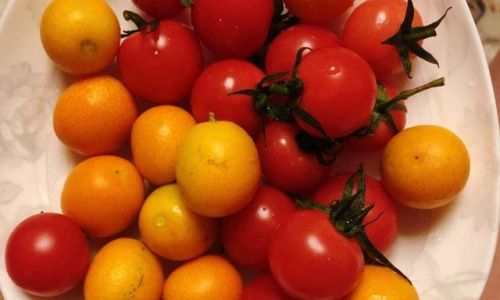
Nutritional Highlights:
- 1 medium banana (118g) contains 105 calories, 27g carbs, 3g fiber, and 422mg potassium.
- Source of vitamin B6, essential for brain development and immune function.
How to Enjoy:
- Slice onto whole-grain toast with almond butter.
- Freeze and blend into “nice cream” with berries.
- Mash and mix with Greek yogurt for a probiotic-rich treat.
Oranges
Oranges are renowned for their vitamin C content, which is vital for wound healing, immune support, and iron absorption. Postpartum women often experience iron deficiency, and pairing vitamin C-rich foods with iron sources (like spinach or lean meats) enhances nutrient uptake. Oranges also provide hydration and fiber, aiding digestion during a time when bowel regularity may be disrupted.
Nutritional Highlights:
- 1 medium orange (131g) offers 62 calories, 15g carbs, 3g fiber, and 70mg vitamin C.
- Contains folate, essential for cellular repair and milk production.
How to Enjoy:
- Juice fresh oranges for a hydrating morning drink.
- Add segments to salads with walnuts and feta cheese.
- Freeze sections for a cooling post-meal snack.
Avocados
Avocados are a unique fruit rich in healthy monounsaturated fats, which support hormone production and brain health. Their high calorie and nutrient density make them an excellent choice for breastfeeding mothers needing sustained energy. Avocados also provide fiber, potassium, and vitamin K, which aids in blood clotting and bone health.
Nutritional Highlights:
- ½ avocado (100g) contains 160 calories, 8g carbs, 7g fiber, and 15mg vitamin E.
- Excellent source of folate (81mcg per ½ fruit).
How to Enjoy:
- Mash onto whole-grain toast with a sprinkle of chia seeds.
- Blend into creamy salad dressings.
- Slice and add to egg scrambles or tacos.
Berries (Blueberries, Strawberries, Raspberries)
Berries are antioxidant-rich fruits that combat inflammation and oxidative stress—common postpartum issues due to sleep deprivation and physical strain. Their low glycemic index makes them suitable for mothers managing blood sugar levels, while their fiber content aids digestion. Berries also provide vitamin C and manganese, supporting collagen production and bone health.
Nutritional Highlights:
- 1 cup blueberries (148g): 84 calories, 21g carbs, 4g fiber, 14mg vitamin C.
- Strawberries are exceptionally high in vitamin C (98mg per cup).
How to Enjoy:
- Freeze and blend into smoothie bowls with coconut flakes.
- Mix with Greek yogurt and honey for a parfait.
- Roast with a drizzle of balsamic glaze as a gourmet dessert.
Papayas
Papayas are tropical fruits prized for their digestive enzymes, particularly papain, which aids in breaking down proteins and reducing bloating. Their high vitamin A and C content supports immune function and skin healing, while folate contributes to red blood cell production—critical for preventing fatigue.
Nutritional Highlights:
- 1 cup papaya (145g): 55 calories, 14g carbs, 3g fiber, 88mg vitamin C.
- Contains 53mcg folate per cup.
How to Enjoy:
- Blend into lactation-boosting smoothies with oats and flaxseeds.
- Serve with a squeeze of lime and chili powder for a tangy snack.
- Add to salsas with mango and red onion.
Apples
Apples are a portable, fiber-rich fruit that supports gut health and satiety. Their pectin content aids in regulating bowel movements, which can be irregular postpartum due to hormonal changes. Apples also provide quercetin, an antioxidant linked to reduced inflammation and improved respiratory health.
Nutritional Highlights:
- 1 medium apple (182g): 95 calories, 25g carbs, 4g fiber, 14% DV vitamin C.
- Source of polyphenols, which may protect against chronic diseases.
How to Enjoy:
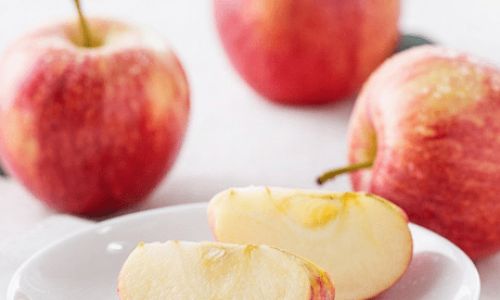
- Bake with cinnamon and a drizzle of honey for a warm dessert.
- Slice thinly and pair with almond butter.
- Add to grain bowls with roasted vegetables.
Mangoes
Mangoes are a tropical delight packed with vitamins A and C, which are essential for immune function and skin repair. Their natural sweetness can satisfy cravings, while their fiber content aids in digestion. Mangoes also contain glutathione, a compound that supports detoxification and liver health—important for mothers exposed to environmental toxins.
Nutritional Highlights:
- 1 cup mango (165g): 99 calories, 25g carbs, 3g fiber, 67mg vitamin C.
- Provides 1,064 IU vitamin A (21% DV).
How to Enjoy:
- Blend into popsicles with coconut milk.
- Dice and toss into quinoa salads with mint.
- Purée into a sauce for grilled chicken or fish.
Kiwis
Kiwis are small fruits with outsized nutritional benefits, including high vitamin C, vitamin K, and potassium. Their actinidin enzyme aids in protein digestion, making them ideal for mothers consuming meat or legumes. Kiwis also support sleep quality due to their serotonin content, which is valuable during a period of disrupted sleep patterns.
Nutritional Highlights:
- 1 medium kiwi (69g): 42 calories, 10g carbs, 2g fiber, 64mg vitamin C.
- Provides 23% DV vitamin K.
How to Enjoy:
- Slice and serve with yogurt and granola.
- Blend into green smoothies with spinach and banana.
- Freeze and grate as a frozen dessert.
Pomegranates
Pomegranates are rich in antioxidants, particularly punicalagins, which protect cells from damage. Their iron content aids in preventing anemia, while vitamin C enhances iron absorption. Pomegranate seeds (arils) also provide fiber and folate, supporting milk production and cellular repair.
Nutritional Highlights:
- ½ cup arils (87g): 72 calories, 16g carbs, 4g fiber, 9mg vitamin C.
- Contains 0.3mg iron (2% DV).
How to Enjoy:
- Sprinkle over salads with feta and walnuts.
- Blend into homemade juices with beetroot and carrot.
- Freeze arils for a crunchy snack.
Apricots
Dried or fresh apricots are excellent sources of beta-carotene, which converts to vitamin A in the body—essential for eye health and immune function. Their fiber content aids in digestion, while potassium supports electrolyte balance. Apricots also contain boron, a mineral linked to improved calcium absorption and bone health.
Nutritional Highlights:
- 1 fresh apricot (35g): 17 calories, 4g carbs, 1g fiber, 8% DV vitamin A.
- Dried apricots provide 3mg iron per cup (17% DV).
How to Enjoy:
- Grill and serve with honey and yogurt.
- Add to trail mix with nuts and dark chocolate.
- Purée into sauces for roasted meats.
Cherries
Cherries, particularly tart varieties, are rich in melatonin and antioxidants like anthocyanins, which reduce inflammation and improve sleep quality. Their low glycemic index makes them suitable for blood sugar management, while vitamin C supports immune health. Cherries also provide potassium, aiding in muscle recovery.
Nutritional Highlights:
- 1 cup cherries (154g): 97 calories, 25g carbs, 3g fiber, 16mg vitamin C.
- Contains 277mg potassium (6% DV).
How to Enjoy:
- Freeze and blend into “nice cream” with coconut milk.
- Bake into crisps with oatmeal topping.
- Simmer into compote for pancakes or yogurt.
Conclusion
Incorporating these 12 fruits into a postpartum diet offers a spectrum of nutrients essential for recovery, energy, and lactation. From the iron-rich dates to the sleep-aiding cherries, each fruit addresses specific needs during this transformative phase. However, moderation is key, as excessive consumption of high-sugar fruits may disrupt blood sugar balance. Always consult healthcare providers for personalized dietary advice, especially if managing conditions like gestational diabetes. By prioritizing whole, nutrient-dense foods, new mothers can nourish their bodies and embrace the journey of motherhood with vitality and resilience. Remember, self-care through nutrition is not a luxury—it’s a foundation for thriving in early motherhood.
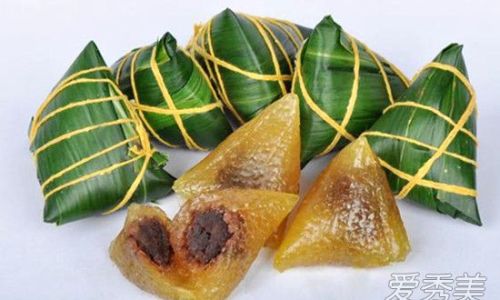
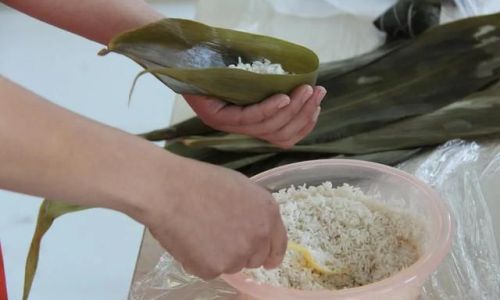
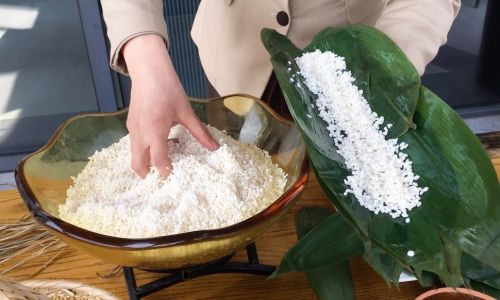
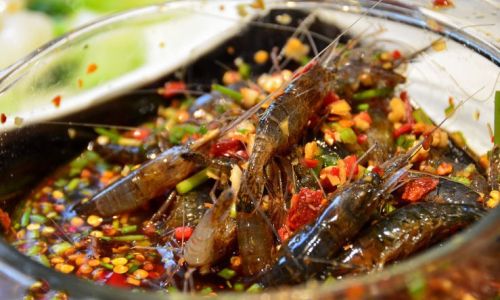

0 comments